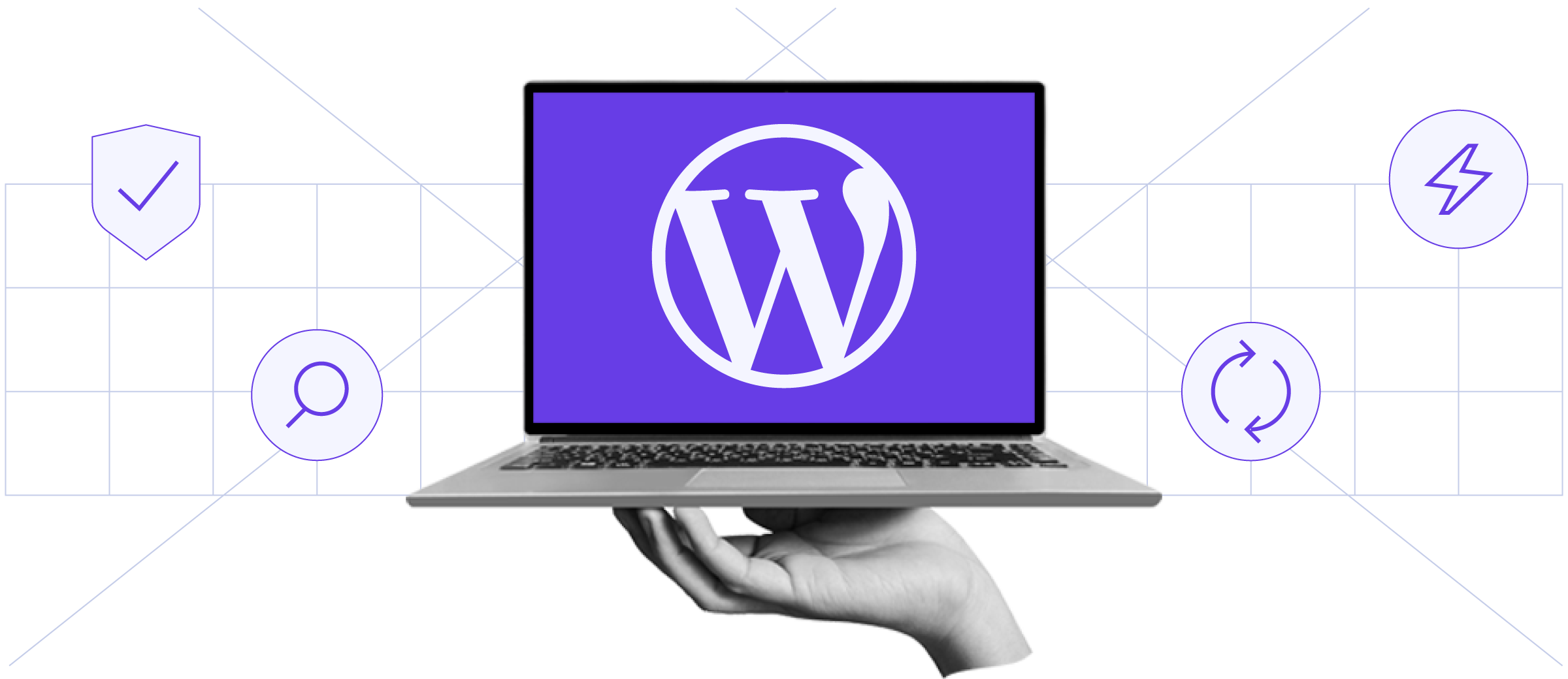Without any doubt, technological advancements have changed our lives in a way or the other. There is hardly any aspect of life that has no linkage with ICT and when we talk about it empowering life, ICT is a default addendum.
![Roles of ICT in Empowering Girls and Women - Girls in ICT [Essay] 2 ITU believes that information & communication technologies (ICT) affects the life and work of everyone on this planet and, with the future constantly being reinvented through tech, that ICT is the coolest area to get in to. Image by TechNeedsGirls.org](https://techsansar.com/assets/img/girls-women-in-ict-portrait1.png)
The early Homo sapiens took over a course of 800 years to build a spear and in the steam age, the light bulb came after 30 years of the idea. But us? We’ve watched technology grow like a child budding into adulthood. It starts out mostly crying, then crawling, gradually learning to walk, and finally able to run at a speed we all wish we could keep up with. Today, kids are being raised with such technologies lying around they find it normal to pinch and zoom a paper or think that milk comes from a minivan. Information and Communications Technologies which include communication devices or applications such as radio, television, cellular phones, computer and network hardware and software, satellite systems and so on have evolved very rapidly over the past decade with new technologies being introduced almost on a daily basis and life is now too facilitated that we install devices on our computer to control it by our gesture and there’s an app on our Smartphone or PC for almost everything.
Poverty and disease, inequality and violence—there’s no app for that. The systemic challenges facing billions of women in the developing world defy easy, clickable solutions. Yet, from linking remote villages via increasingly ubiquitous mobile-phone messaging, radio and television to negotiating needs and rights via the internet, technological innovations in information and communication is changing the lives of women, girls and their families for the better, all around the world. It has been a means of bridging this digital divide helping disadvantaged women increase their participation in the civic, social, political, and economic processes. ICT has helped bring a greater control in the hands of women from managing water distribution at the village‐level, to standing for local elections and having access to lifelong learning opportunities.
In most cases, it’s not always super cool social-media widgets or wired gadgets that are making a difference. Changes to infinity start from the most basic things. We can relate to our own times for examples. Remember granny’s times and how she was obliged to depend upon grandpa for almost everything? Well, things were different for mom, although not totally. It was that communication device, the radio that gave my grandpa the idea to educate her daughters and that single message passed through that one simple device was what changed her life and mine too. Today, my mom can handle business nearly as expertly as my dad does and me? I believe that I am as confident and competent as boys of my age and for this, we both have ICT to thank to.
Similarly, as much as we hope it would be, every place is not safe. Well, not for females anyway which is one of the main reasons why females are obliged to stay within the four walls of home, like a beautiful bird whose wings have been chopped off and soon forgets that she can fly. Fortunately, that has changed eminently. It still hurts when my irresponsible little brother is allowed to go to places that i am not allowed to go alone but we have traveled a safe distance from our cages and the credit doubtlessly goes to ICTs. The usefulness of a cell phone from the convenience of letting my parents know that I will be late coming home has given me has provided me the freedom that was not possible to my mother. Telecommunication technologies have made this world so much safer for women.
It is still commonly agreed in our country that men are the breadwinners and women should stay at home. Men are dominant while women are supposed to be obedient and submissive to them. This might have been truer when work comprised of the traditional jobs like lifting and traveling but the modern definition of work includes much more than labor and ICT has seen to that. Over the past two decades, women’s activity rates have been increasing in the entrepreneurship sector with women in advanced economies owning more than 25% of all businesses. The number of women‐owned businesses in Africa, Asia, Eastern Europe and Latin America is growing due to the introduction and use of ICT in their daily lives. It has helped to empower women in both social and economic context by providing a favorable work environment to them and helped them understand that they are amazingly talented, smart and capable if they decide to give themselves a chance.
When I was a kid, I remember watching my male cousins go abroad for work or to study and thinking how wonderful it would be if they were my female cousins instead. At that time, females working or studying abroad was a taboo in our society and it must have been so because communication was difficult then but today, with the recent technological advancements, the world has turned into a small global village and the revolutionary social utility sites such as the Facebook and Skype have made communication easier than ever before and as a result, women today have a wider scope for personal development. Mothers can work abroad without worrying about her family back at home and parents can sleep soundly knowing that their daughter studying abroad is doing well.
In addition to that, we all know that creative use of ICT can help empower, educate and connect people around the world. But for girls, it can even help shape social change – from being a liability to becoming an asset. An example can be the young education and women’s rights activist, the 15-year-old heroine, Malala Yousufzai who inspired men, women and children, not only in Swat valley, but beyond the borders of Pakistan through the help of a blog. It’s true that as her popularity grew, so did her vulnerability but with the access to the internet, she got the opportunity to speak out and became the voice of every girl in Swat and sent a signal to the world that nothing, not even bullets and death threats-can now stand in the way of every girl’s right to education.
Where women have access to ICT – and having access is indeed the crucial issue in the developing world – ICT is liberating women: socially, politically and economically and, most important of all, in the choices they think they can make and the realities they can create. This isn’t about a sudden flash of modernization or getting impoverished women to update a Facebook status or tweet when they don’t even have enough to eat- it’s about the simple advances that improve the daily lives of women on every level, bit by bit. When development is a freedom song, ICT is a good instrument for women to play it with.
![Roles of ICT in Empowering Girls and Women - Girls in ICT [Essay] 1 ITU believes that information & communication technologies (ICT) affects the life and work of everyone on this planet and, with the future constantly being reinvented through tech, that ICT is the coolest area to get in to. Image by TechNeedsGirls.org](https://cdn.techsansar.com/img/girls-women-in-ict-portrait1-1.png)







